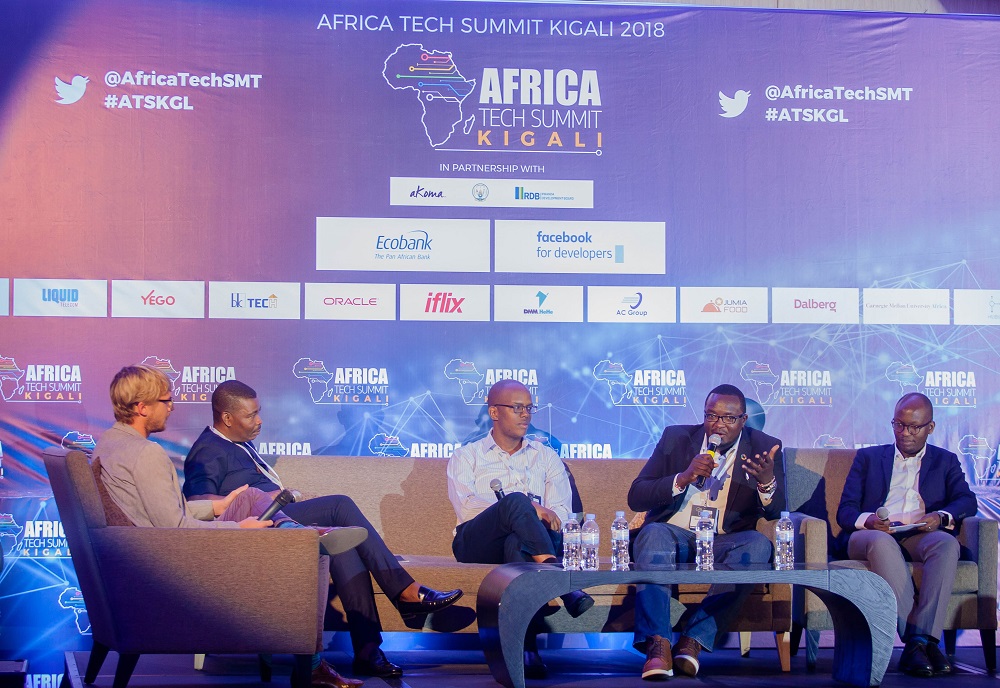There is a need for more “indigenous” investors to support early stage startups in Africa, while the whole ecosystem needs to come together to do more to ready the continent’s startups for taking on funding, according to panellists at the Africa Tech Summit Kigali.
Disrupt Africa reported the Africa Tech Summit took place in Kigali last week, bringing together over 430 delegates from 29 countries in a busy schedule of keynotes, panel debates, and networking sessions.
Panelists discussing the investor landscape in Africa from “seed to scale”, said that while there is substantial funding flowing into African startups, there are numerous stumbling blocks to be addressed in order to build a more robust funding landscape.
The question of international versus African involvement in the investment arena received particular attention, from two different angles.
Stephen Gugu, founder and director of Viktoria Ventures, pointed to the high ratio of foreign founders raising funding for their “African” startups.
“Startups in Africa are getting funded. But they’re not necessarily founded by Africans. We need to look at that,” he said.
For Martin Karanja, senior market engagement manager at the GSMA Ecosystem Accelerator, African startups are hindered in their growth because of a tendency to “wait around” for funding before getting their business off the ground, creating a vicious cycle as the lack of evidenced value is less likely to attract investors.
On the other hand, international involvement from the side of investors was also considered, with Collins Onuegbu, director of the Lagos Angels Network, arguing that while foreign investors are well placed to provide funds to more established startups, the very early stage capital needs to come from “indigenous” investors who understand the local ecosystem.
“Down the line you can get money from anywhere, but in the early stage it’s very important to have indigenous investors. They know what’s happening and can drive the startup on,” Onuegbu said, adding that in his opinion, foreign funding can sometimes lead startups to get “comfy”.
According to Gugu, the investment market in Africa is still in too early a phase to be exclusive. He argues the real divide is “old” versus “new” money, with more “new money” needed in the ecosystem. To achieve this, the focus needs to be on encouraging co-investing.
“My observation is that in Africa, you have old money and new money. Unfortunately the old money is locked into mega-deals, such as real estate and the like. So for new money, co-investing is important. […] It’s important for evangelisation, just to get things going,” he said.
Meanwhile, the panelists agreed more needs to be done to support startups in preparing to take on funding at the right time.
“People think there’s not enough funding out there. It’s not about that. It’s about how you frame your value proposition,” said Karanja.
“The support needs to be improved. The level of exposure African startups have to the funding world is lower than the developed world. That’s all of our responsibility in the ecosystem,” he said.


